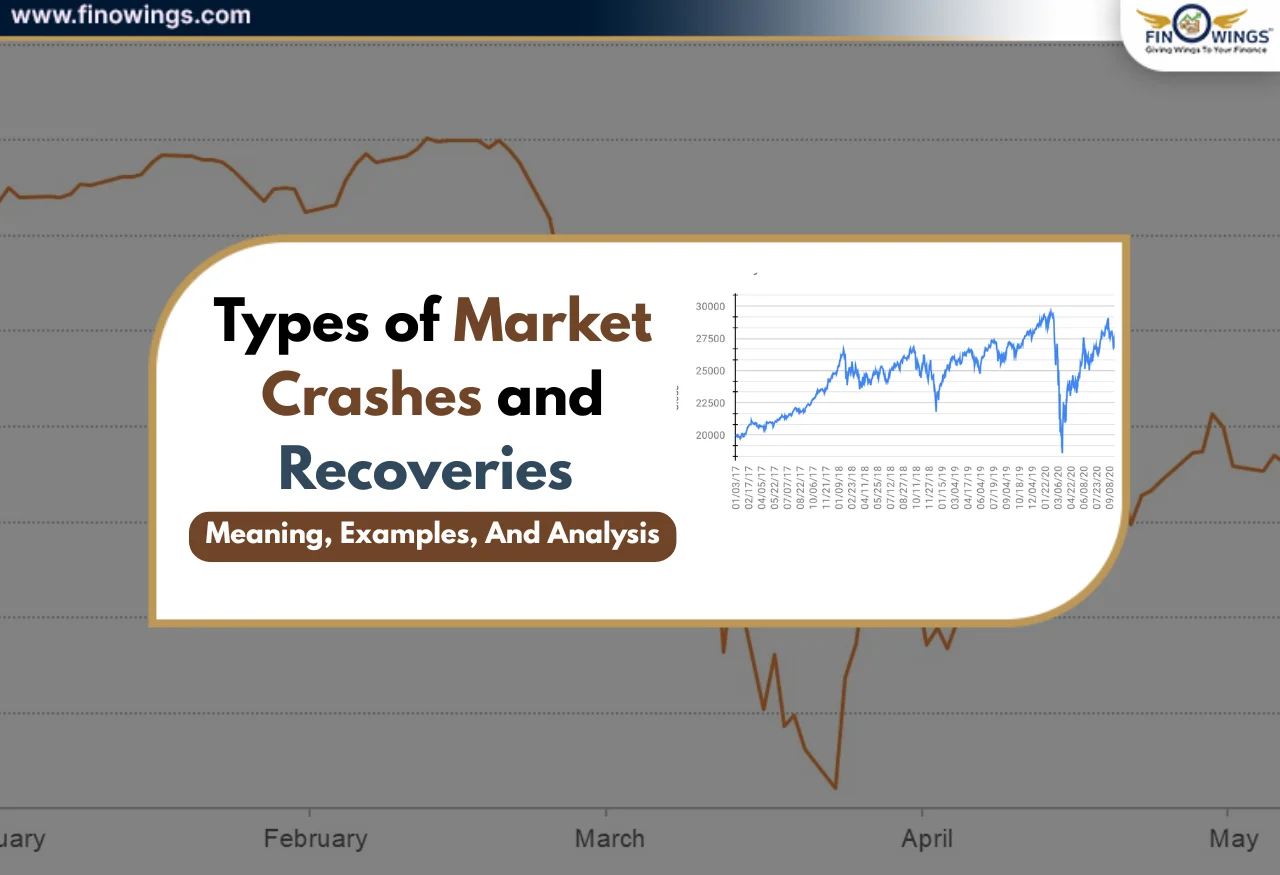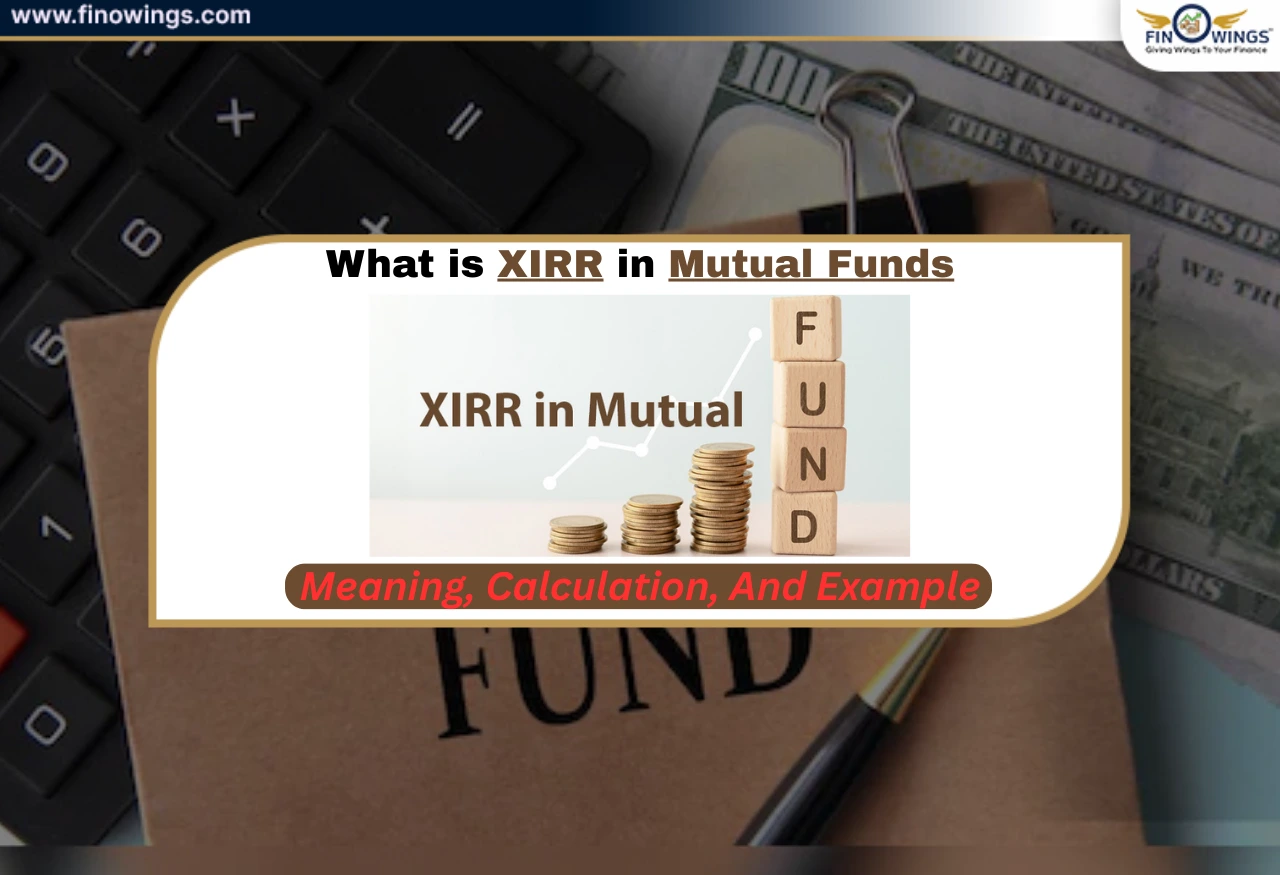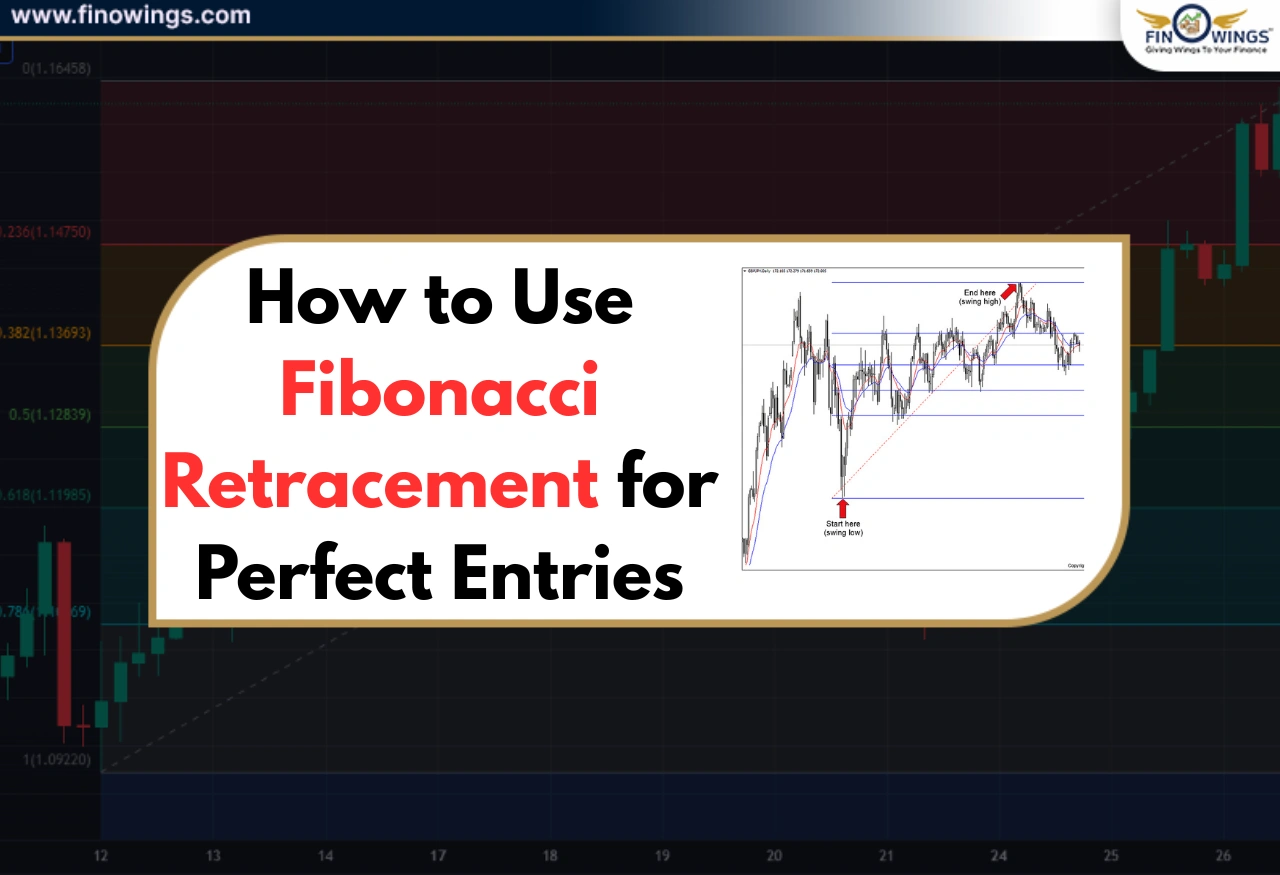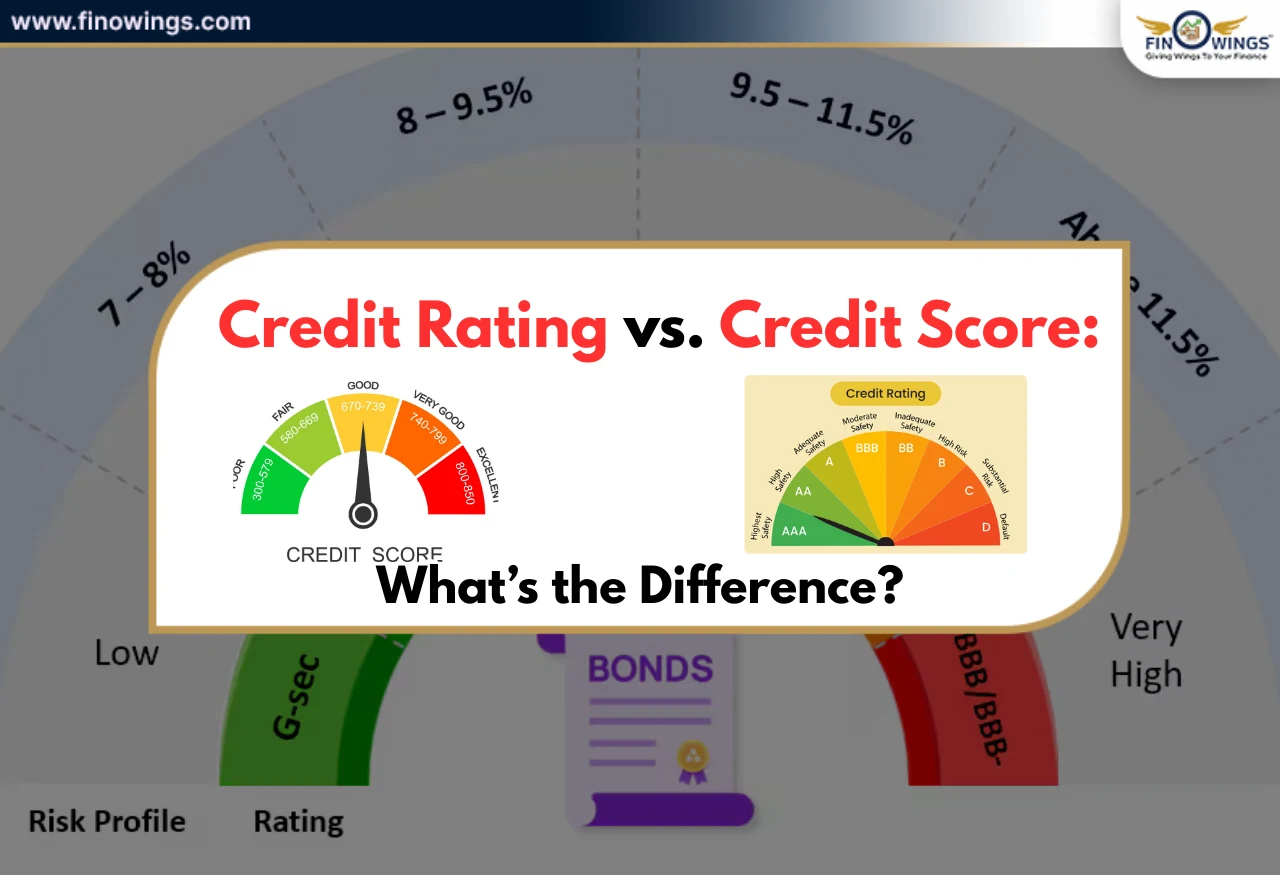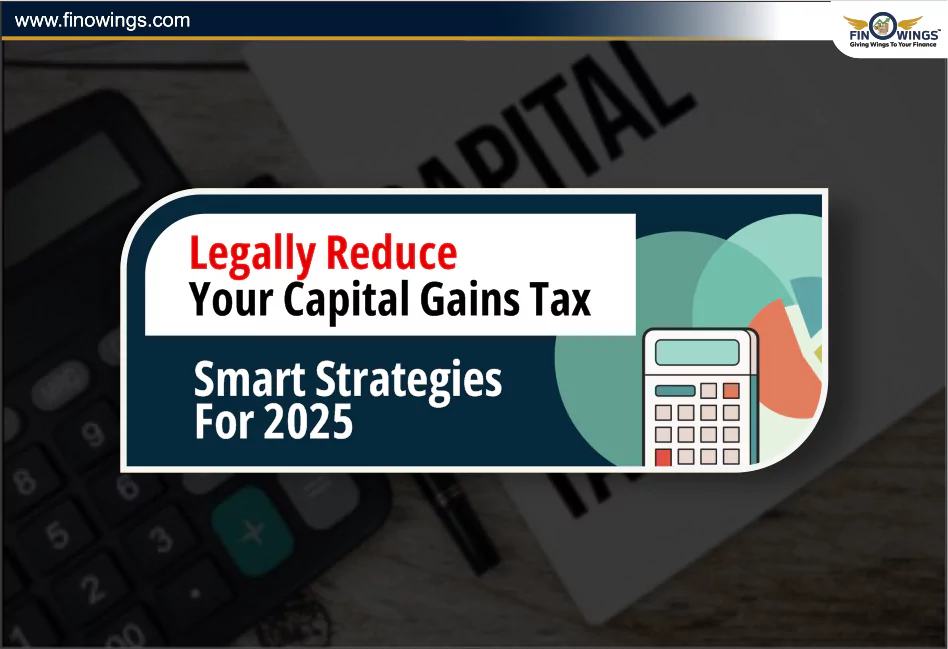Home >> Blog >> Nifty, Bank Nifty Movements During Budget Month: Depth Analysis
Nifty, Bank Nifty Movements During Budget Month: Depth Analysis
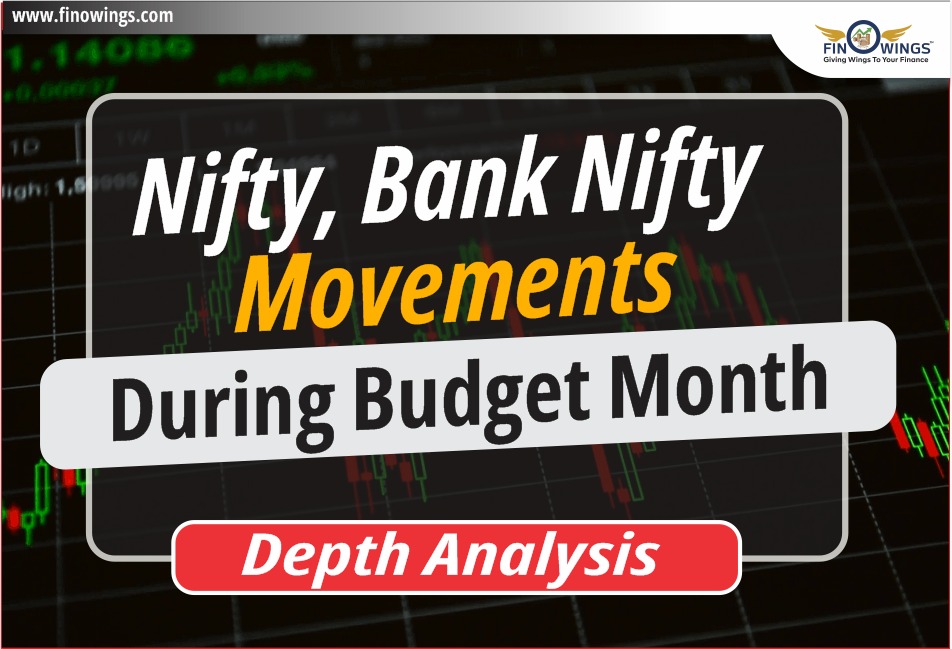
Table of Contents
Introduction
The annual budget announcement in India is a highly anticipated event that can significantly impact the financial markets. Investors closely watch the budget for policy changes, economic reforms, and fiscal measures that can influence stock indices like Nifty and Bank Nifty. In this blog, we will dive into the historical movements of Nifty and Bank Nifty during budget weeks, examining key metrics such as percentage change, daily volatility, previous week return, and next week return.
Dataset
.
On budget days, Nifty50 index increased by an average of 0.23%, with its daily values changing by around 2.71%. On average, the weekly return was -0.40%, but 1 month return was positive at 1.30% after the budget. The index had different results on different budget days, showing a mix of significant gains and losses.
Over the given period, BankNifty index typically increased by 0.54% on budget days, and its daily values fluctuated by about 3.99%. On average, the weekly return was -0.53%, but the 1 month return was positive at 2.14% after budget.
Detailed Video
Understanding the elements of Data Set
Budget Date:
The budget date is a crucial day in the financial calendar. It sets the tone for market sentiment, often leading to heightened volatility and trading activity. The data set shows the exact date on which budget was announced. Out of these all years, Year 2014 and 2019 we had interim budgets followed by Union Budget in July months.
Budget Date % Change:
Analyzing the percentage change on the budget date provides insights into how the market reacts to budget announcements on that particular day. A positive percentage change indicates a bullish sentiment, while a negative change may suggest a bearish outlook. Previous day’s closing has been taken to derive the budget date closing and hence the percentage.
Day's Volatility %:
Volatility measures the degree of variation in trading prices over a specific period which means on the budget day only. Higher volatility is often associated with increased uncertainty and risk. Examining the day's volatility during the budget week helps investors gauge market stability.
Previous Week Return %:
Understanding the market's performance in the week leading up to the budget is crucial. With the movement we can easily gauge the movements prior to the budget. The data helps in combining and evaluating the change and thereof making an informed decision using the data sets.
Post Week Budget Return %:
Post-budget, the market's reaction can extend into the following week. Monitoring the next week's return percentage helps investors assess the sustainability of the initial budget-related movements. It’s more beneficial for the observers who focus on indices only. Evaluating previous week returns, it is often seen that indices move positive.
Post Budget 1 month Return %:
After the budget, the market has a history of making frequent moves. The data shows the returns Bank Nifty has given in one month after the budget date. Monitoring the monthly returns after the budget day will help the investors to match the weekly as well as monthly data to take an informed decision.
Observation
As from the data set we can easily understand that there is very less movement to be seen on budget day. However if we look closely to the day’s volatility, market moves in a rapid speed.
The most important observation that we can derive from tha data set is the comparison between one week before the budget and one week after the budget. Closely looking at previous week returns %, in both the indices we have seen a negative change. While one week after the budget markets have moved in an upward trajectory.
Talking about nifty, out of 16 times, 10 times index has moved in a positive direction.
In Banknifty it is 12 times positive out of 16 times. Now that is a fair interpretation we can make from the datasets provided.
Secondly, comparing the post budget movement in both the indices, a fair interpretation is seen. Most of the times the market has moved in the same direction in a month like they did in the next week. If a strong momentum is seen next week, the momentum continues for the month.
Conclusion
In conclusion, tracking Nifty and Bank Nifty movements during the budget week is essential for investors seeking to make informed decisions. By analyzing key metrics such as percentage change, daily volatility, previous week return, and next week return, market participants can gain valuable insights into market sentiment and potential trends.
Understanding historical patterns can assist investors in devising strategies to navigate the inherent volatility associated with budget announcements. As the datasets attached illustrate, a comprehensive analysis of these metrics can be instrumental in making well-informed investment decisions during budget weeks.
Disclaimer
This information is for informational purposes only and should not be considered as investment/trading advice. Always do your research and consult with a financial advisor.
Author
Frequently Asked Questions
The annual budget announcement in India is a crucial event impacting financial markets. It sets the tone for market sentiment, influencing volatility and trading activity. Investors closely monitor the budget for policy changes, economic reforms, and fiscal measures that can affect stock indices like Nifty and Bank Nifty.
On budget days, Nifty50 index showed an average increase of 0.23%, with daily values changing by around 2.71%. BankNifty typically increased by 0.54%, and daily values fluctuated by about 3.99%. The dataset highlights the mix of gains and losses on different budget days.
The dataset includes:
- Budget Date: The exact date of budget announcement.
- Budget Date % Change: Percentage change on the budget date.
- Day's Volatility %: Volatility on the budget day.
- Previous Week Return %: Market performance leading up to the budget.
- Post Week Budget Return %: Market's reaction in the week following the budget.
- Post Budget 1 month Return %: Returns in one month after the budget.
Investors can use the dataset to:
- Analyze market sentiment on budget days.
- Evaluate volatility for assessing risk.
- Examine previous week returns to gauge pre-budget market movements.
- Monitor post-budget returns to assess the sustainability of market movements.
Key observations include:
- Limited movement on budget days but rapid day's volatility.
- Negative change in previous week returns % for both indices.
- Positive momentum in the week following the budget.
- Consistency in the direction of post-budget movements, with positive trends observed in both Nifty and Bank Nifty.





